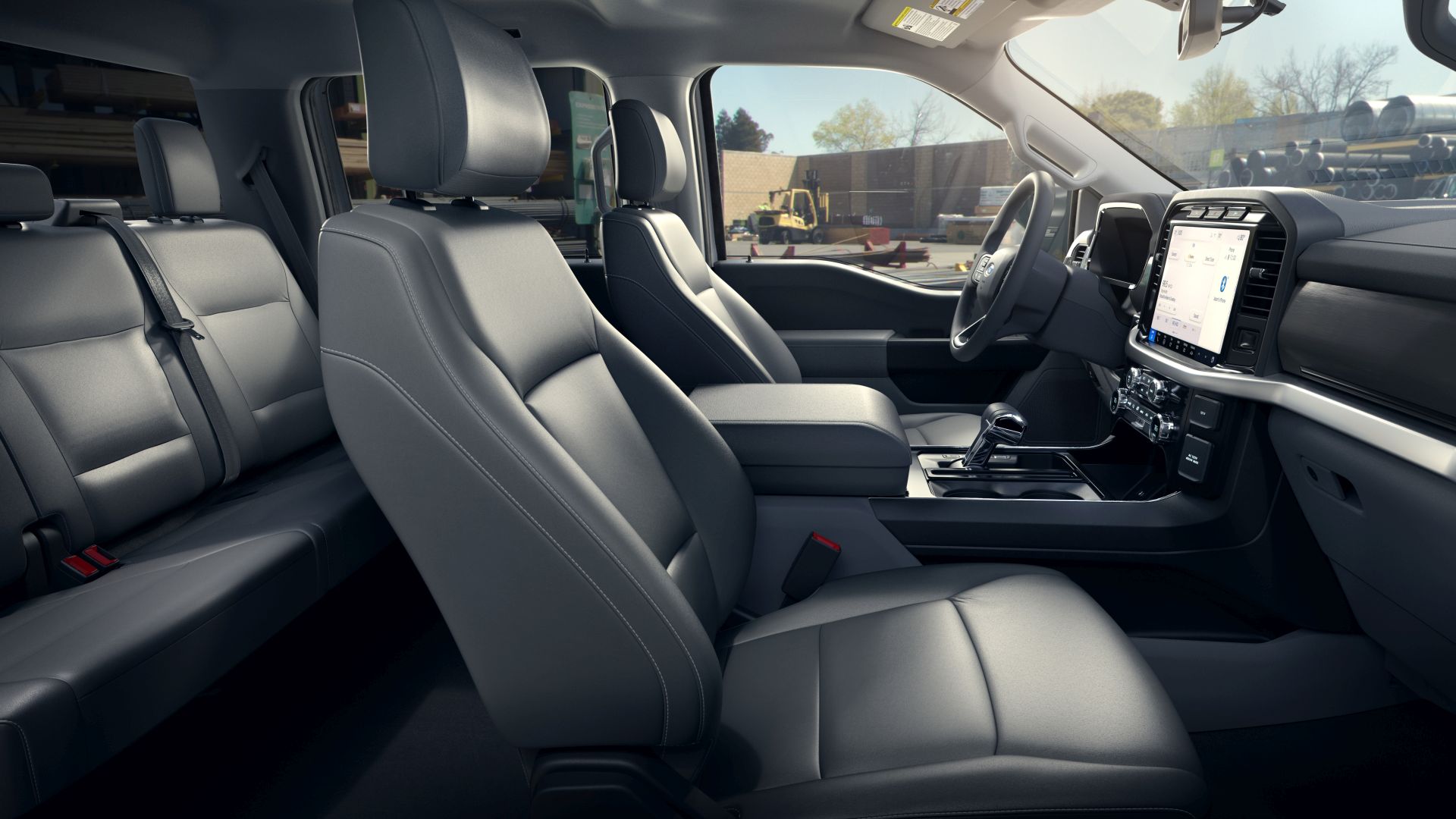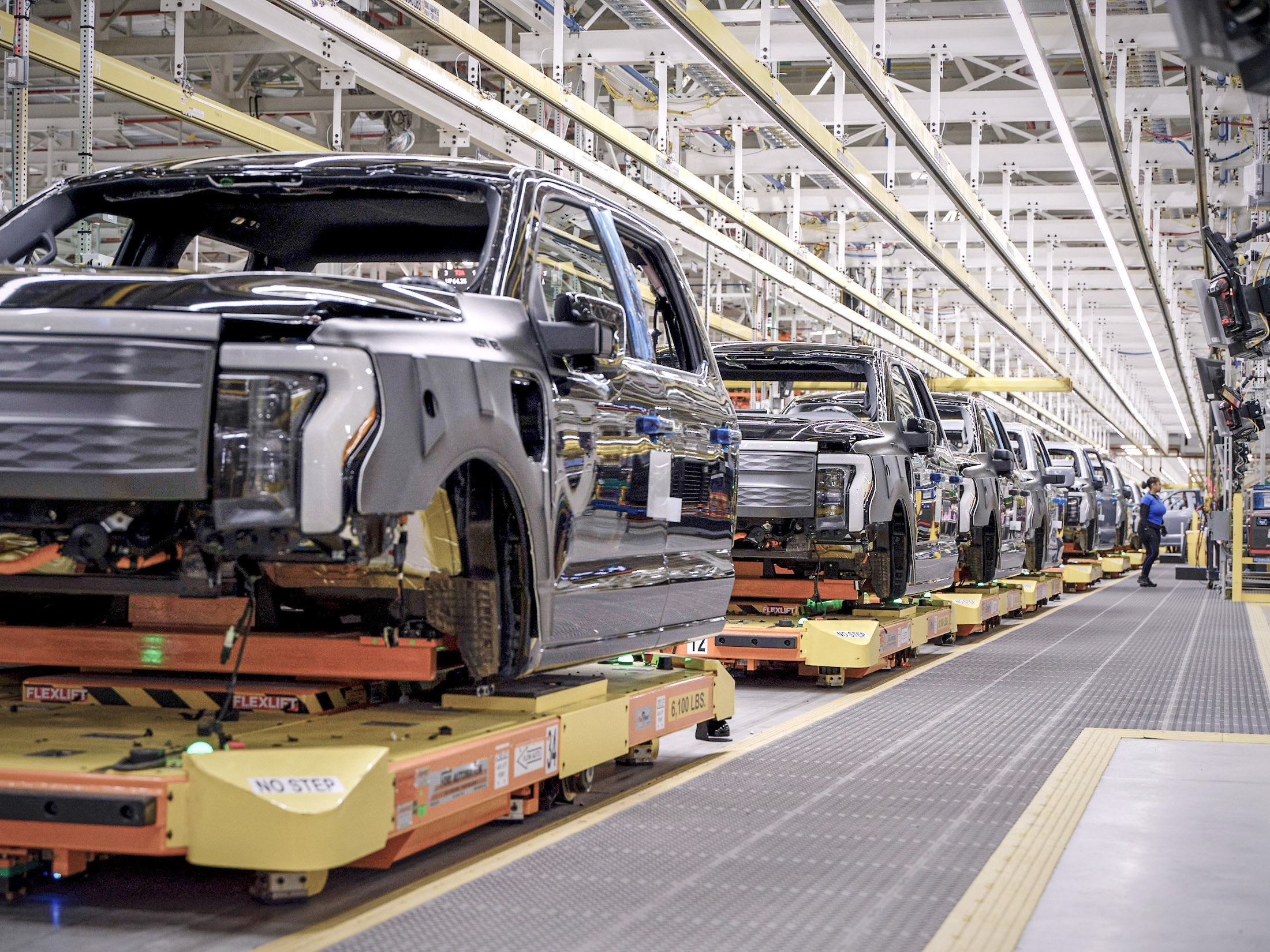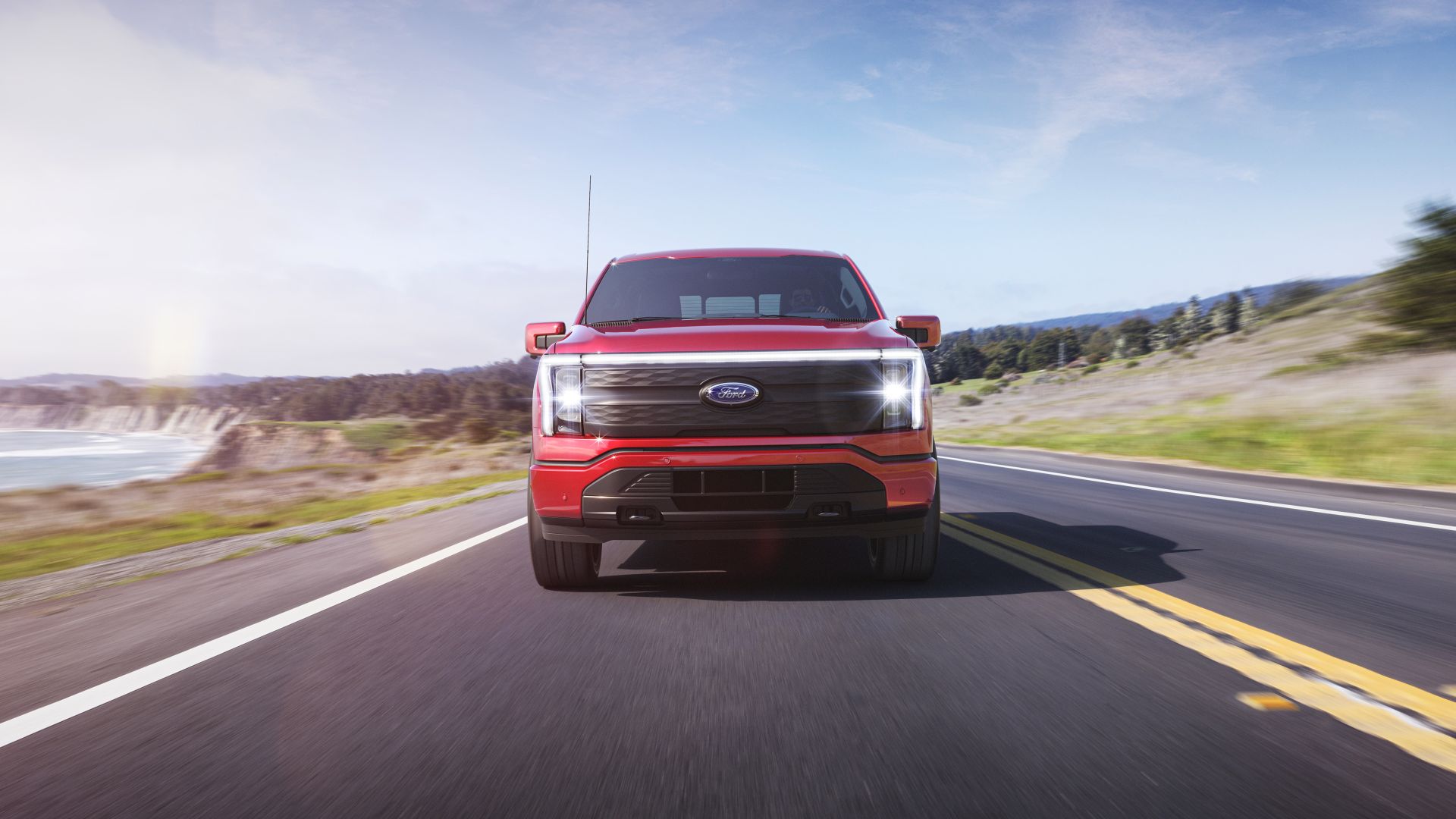Ford, once a vocal proponent of electric vehicles, has made a dramatic shift in its strategy. The company, which had revealed ambitious plans for a range of electric models, including a three-row SUV and a full-size pickup truck, has now decided to scale back these initiatives.
The decision comes in response to disappointing sales and substantial losses incurred by its EV division. Instead of focusing on electric vehicles, Ford will prioritize hybrid models, aiming to introduce them across all segments by 2030.
This abrupt change in direction marks a significant departure from Ford’s previous commitment to electric vehicles. The company had invested heavily in developing its electric lineup, hoping to capitalize on the growing demand for sustainable transportation.

However, the reality has been far less favorable. Sales of Ford’s electric models have fallen short of expectations, and the company has faced significant financial challenges as a result. The decision to prioritize hybrid models is a strategic move aimed at mitigating the financial risks associated with electric vehicles.
Hybrids offer a more gradual transition to electric power, allowing Ford to gradually ramp up its EV offerings while maintaining profitability. By focusing on hybrid models, Ford can also leverage its existing manufacturing infrastructure and expertise in internal combustion engines.
While this shift in strategy may disappoint some EV enthusiasts, it is a pragmatic decision that reflects the current realities of the automotive market. Ford is clearly prioritizing financial stability and long-term sustainability over short-term gains. It remains to be seen whether this approach will pay off in the long run.
However, it is clear that Ford is taking a calculated risk in hopes of securing a strong position in the evolving automotive world. Ford’s initial EV strategy has undergone a significant overhaul, with the company abandoning plans for a three-row electric SUV and delaying the launch of its electric pickup trucks.
This shift marks a departure from the previous focus on electric vehicles and reflects a broader strategy to expand its hybrid offerings. While Ford acknowledges the challenges posed by intense competition, particularly from Chinese rivals, it remains committed to its electrification goals, albeit with a revised timeline and approach.

The company’s decision to scrap the three-row electric SUV is a major setback, as it represents a significant investment that will now be written off. This move is likely driven by a combination of factors, including the high cost of developing and producing electric vehicles, the growing competition in the market, and the uncertain future of the EV industry.
Despite these challenges, Ford remains optimistic about its long-term prospects for electrification. The company is investing heavily in developing new EV platforms and technologies, including a mid-size electric pickup truck that is expected to launch in 2027.
Additionally, Ford is expanding its hybrid lineup, which offers a more affordable and accessible option for consumers who are not ready to make the switch to a fully electric vehicle. However, Ford’s ability to compete effectively in the EV market will depend on its ability to overcome several key challenges.
These include the high cost of batteries, the limited availability of charging infrastructure, and the consumer perception of electric vehicles. The company will need to invest in research and development to address these issues and develop more competitive products.

